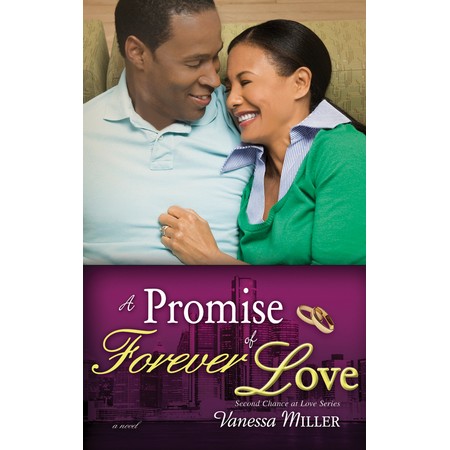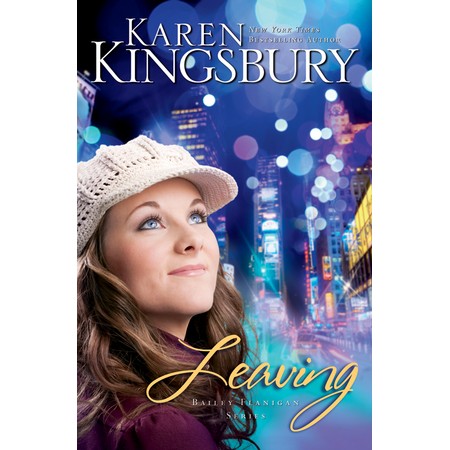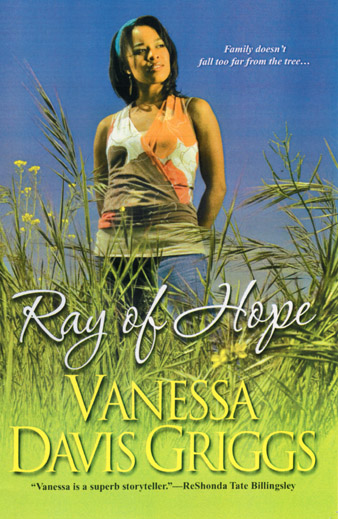6 Tips for restoring Book Reader Confidence in Book Reviews
A few weeks ago a national book club shared with me that their book reviews had been taken down from Amazon.com, because the account had more than one person noted as a reviewer. Amazon.com’s new policies no longer allowed multiple users on one account.
The book club was outraged. They felt targeted. They didn’t understand.
What was the problem of using one account for all the members to broadcast their book reviews?
This past week’s RJ Ellory debacle maybe the best answer. According to The Telegraph Ellory admitted to creating fake book reviews for over a decade. To make matters worst, some of the reviews were negative toward other authors.
Giving MacBride one star for his work Dark Blood, he[Ellory] wrote last month: “Unfortunately this is another in the seemingly endless parade of same-old-same-old Police procedurals that seem to abound in the UK.”
Later he used the same names in forum posts during a bit of “shameless self-promotion”, in which he also attacked another author before appearing to give himself away by signing off messages with “Roger”.
Now if that ain’t a hot mess… Catch this. Ellory is not alone. There have been other authors caught gaming online book review sites. (Orlando Figes)
So how does this affect book clubs submitted online reviews?
Because authors, paid reviewers, and who-knows-what-else have disregarded FTC guidelines for full disclosure and have crossed the ethical line for book reviewers, Amazon.com and other consumer review sites have had to create stricter guidelines, in order to try to restore the value of the system.
Now I am not a fan of online reviews, because up onto this point, many reviews are biased or paid, aren’t always about the content but things beyond the authors control, and do not follow a universal book review writing guidelines. I cannot place the same value in a book review from someone whose review is simply “I couldn’t relate to the author.”
On the other hand as a published author, publicist, and former book reviewer, I know how book reviews are. In this new landscape of oversaturated book hodgepodge easy to find, cheap, affordable books-a-plenty book discoverability has become paramount. We know that book reviews help lift our books out of story obscurity.
But if the book review system is this flawed, then what is the value of a book review now, too? Very close to zilch.
So what can we do?
Karen Burgess at Literary Lunchbox shared a great idea to resuscitate book review power.
“… Consider doing some reviews yourself… on Amazon, on Goodreads, or even start your own blog. Because the more people who really love books share the love, the less opportunity there is for hacks and scammers!”
I also suggest for publicists:
- Traditional PR works for one great reason. You don’t have to reinvent the wheel here. Submit books to review according to review periodical editorial guidelines and let the chips fall where they may.
- Understand the FTC Guidelines for Book Bloggers and use them when you approach book bloggers for book review opportunities.
- Review the reviews on your client’s book pages (Amazon, Barnes and Noble, GoodReads) monthly. It’s our job to manage our client’s image. Make sure those reviews line up to ethical standards.
- No how to contact Amazon.com or any consumer review site to dispute a review. (Note I am a Good Reads Librarian. Contact me about your clients book data.)
- Be transparent.
- Work with vetted reviewers and bloggers who have a reputation for quality and ethical reviews.
Photo credit: Digitized Chaos




















